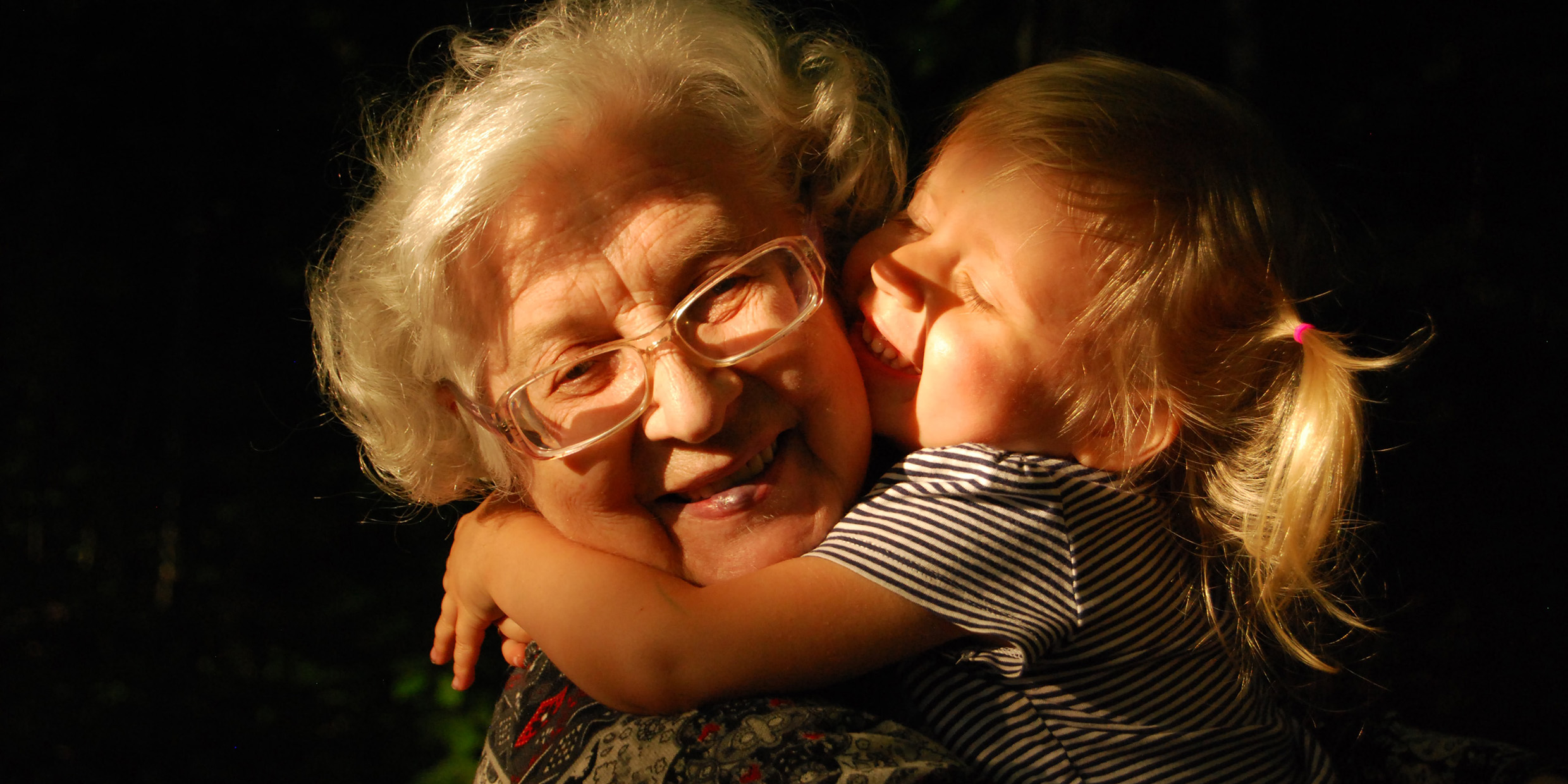Originally published 22 June 1998
Let me ‘fess up: I’m happily married to a grandmother.
The grandmother of my grandchildren.
I mention this fact because I want to raise a rather indelicate question: Why do grandmothers exist?
No kidding, the question has scientific merit. And the answer isn’t easy to find.
One thing is sure: Our biology is the product of millions of years of evolution. When it comes to explaining how our bodies work, adaption of organisms by natural selection is more or less the only game in town.
So the question is: What is the adaptive value of grandmotherhood?
Which is another way of asking why there is such a gap between the age of menopause and the age of senescence in women.
Menopause is the permanent cessation of ovulation, and it affects most women sometime in the fifth decade of life. Senescence is the decline of bodily vigor that precedes death, which generally occurs decades later.
Why does menopause occur so early in a woman’s lifespan? Or alternatively, why does senescence occur so late? From a strictly Darwinian view, it would seem that a woman should live after menopause only long enough to insure the survival of her own offspring, say 10 or 12 years, then get out of the way to make more resources available to the next generation.
But in fact, women typically live with relative vigor well beyond their child-bearing years, long enough to see their offspring bear children. Long enough to be grandmothers — or even great- grandmothers.
Grandpas are easy to explain; they can potentially propagate their genes until they fall out of their rocking chairs. It’s those fit- as-a-fiddle but infertile grandmas who are the evolutionary riddle.
And human grandmothers are apparently unique.
In the April 1 [1998] issue of the journal Nature, Craig Packer, Marc Tatar, and Anthony Collins reported data on menopause and mortality in free-living populations of baboons and lions. They found that in both groups, females lived just long enough after the cessation of ovulation to ensure the survival of their own offspring. Grandmothers that were lucky enough to live to a ripe old age helped feed and protect their grandchildren, but their presence had no measurable impact on their daughters’ success in bearing offspring, or on the survival of those offspring.
Among baboons and lions, then, grandmotherhood is rare, an apparently useless fluke.
So why are human grandmas different?
In early 1997, University of Utah anthropologist Kristen Hawkes and colleagues presented the results of a study of 300 Hadza hunter-gatherers who live in the hill country of northern Tanzania in East Africa. The Hadza people move nomadically from season to season and live almost entirely off the land. The men hunt game and collect honey; the women dig tubers and collect berries and other fruit.
It turned out that fit, hardworking Hadza grandmothers make a significant contribution to the food supply of the group. In fact, tubers dug up by grandmothers are a more reliable food source than the men’s hunting.
Hadza grandmothers help nourish children whose mothers are nursing younger siblings. This allows the Hadza mothers to have babies closer together than most other primate species.
According to the Utah researchers, human females live for a long time beyond menopause to ensure that their grandchildren eat and their daughters have more babies. Grandmothers are favored by evolution because they help ensure success for the family gene pool.
This idea that natural selection might favor a group rather than individuals is controversial in biology. So too is the idea that human evolution should be dramatically different from that of our close mammalian and primate relations.
So a mystery remains. Is the gap between menopause and senescence an adaption of natural selection, perhaps because it favors the group? Or do women in human populations simply survive longer than female baboons and lions because they are better able to avoid predators and other premature causes of death?
Kristen Hawkes emphasizes the difference between humans and other animals. She believes human grandmothers have a post-menopausal role to play in the evolution of our species — they are doing, she says, “a very special kind of thing” — but exactly how selection favors grandmotherhood remains vague.
Meanwhile, as a human grandpa married to a human grandma, all of this evolutionary speculation seems rather beside the point. My spouse and I are not the sort of grandparents who would be favored by natural selection anyway — the sort who exist to sustain the grandchildren and perhaps give the collective gene pool a boost.
We look upon our post-reproductive years as a time for fun. Occasional babysitting is ok, but generally we intend to enjoy the mysterious gap between child-bearing and kicking the bucket. That puts us at odds with Darwin, but, after all, isn’t that what being human is all about?



